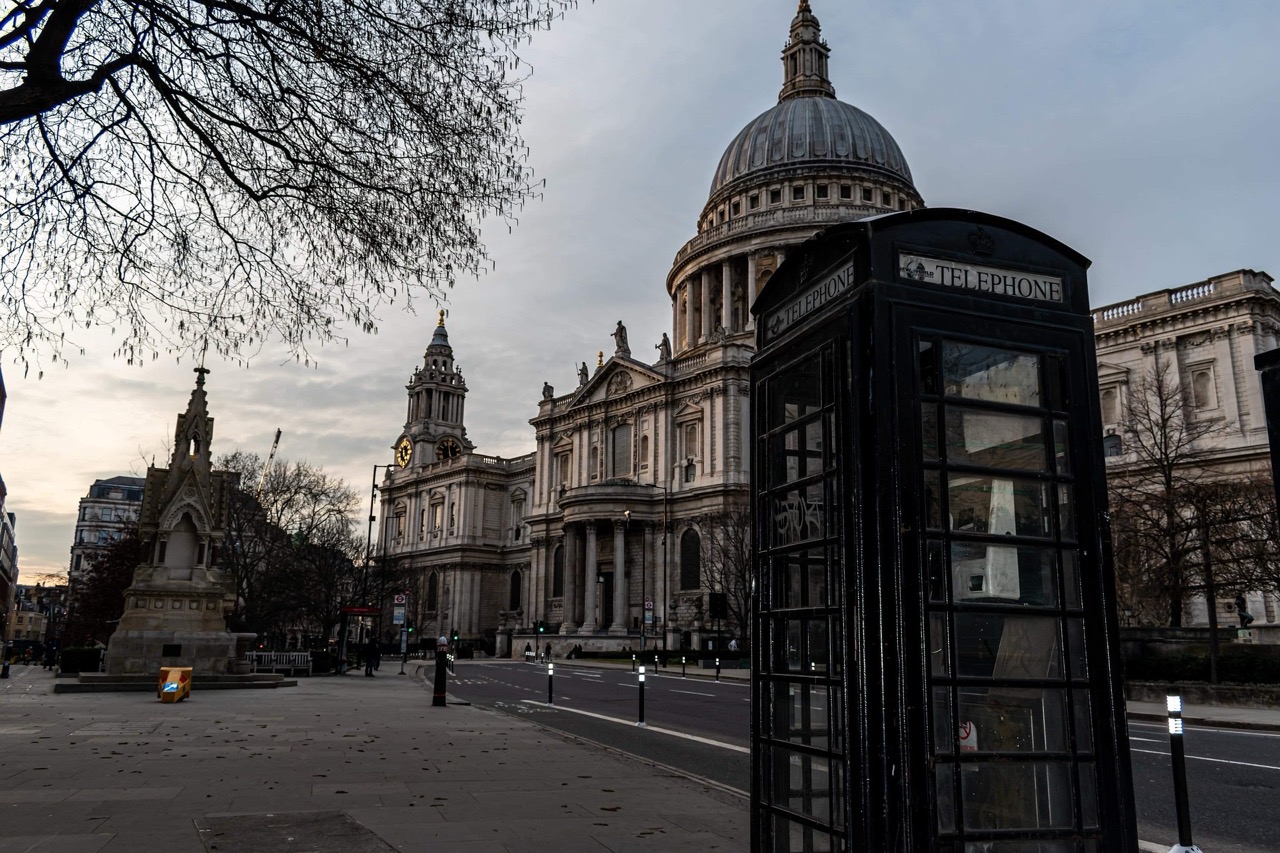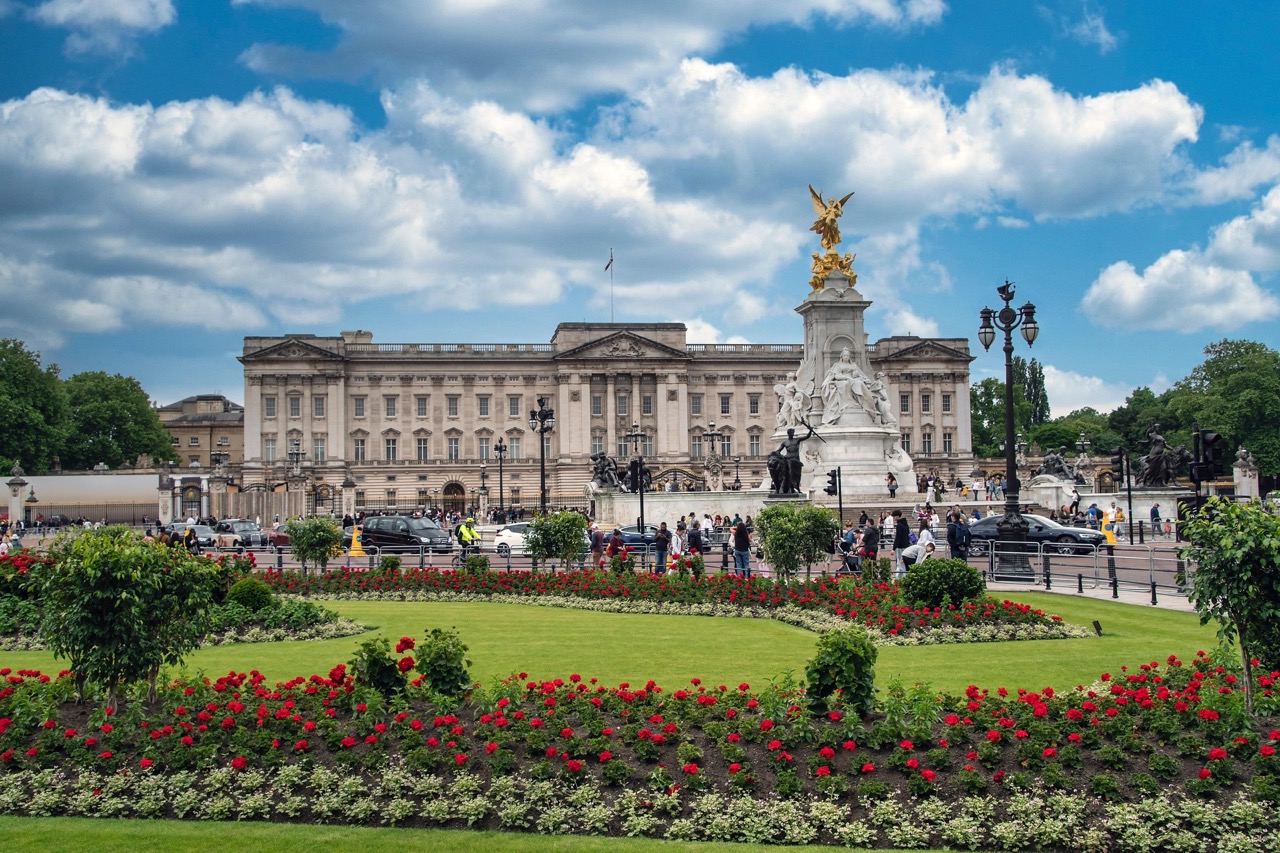
London is one of the most dynamic real estate markets in the world—but behind its skyline of heritage buildings and modern developments lies a complex planning framework known as zoning or land-use designations. Understanding these zoning laws is essential for anyone looking to buy, develop, or invest in property across the capital.
In the UK, “zoning” as a term isn’t commonly used in the American sense, but planning permissions and land use categories serve a similar function. Managed by local planning authorities (such as borough councils), these laws dictate what kind of development or activities are allowed on a particular site.
🏙️ The Basics of London’s Planning System
London’s planning regulations are shaped by several layers:
National Planning Policy Framework (NPPF)
The London Plan (a strategic development blueprint by the Greater London Authority)
Local Borough Plans, which add borough-specific restrictions and development goals.
Each property falls under a Use Class defined by the Town and Country Planning (Use Classes) Order 1987, recently updated. Key examples include:
Class C3: Residential dwellings (houses, flats)
Class E: Commercial properties, such as shops, offices, gyms
Sui Generis: Properties that fall outside common use classes (e.g., nightclubs, hostels)
🛠️ Why Zoning Matters for Buyers and Developers
Understanding zoning laws can help you:
Avoid planning application rejections
Identify high-potential redevelopment sites
Ensure compliance before renovations, conversions, or extensions
Secure better financing or resale value through proper legal use
For example, converting a house into multiple flats or turning a commercial space into a residential one may require full planning permission. Some areas are also protected by Conservation Area rules or Article 4 Directions, which limit what changes you can make—even minor ones like replacing windows or fences.
📈 Zoning Hotspots: Key Areas to Watch
Opportunity Areas like Nine Elms, Old Oak Common, and the Royal Docks are zones where large-scale regeneration is encouraged.
Green Belt and Metropolitan Open Land are heavily restricted for new development.
Boroughs like Westminster, Camden, and Kensington & Chelsea have strict zoning rules to protect historic character.
🔍 How Trust Point Can Help You Navigate
At Trust Point, we offer:
Due diligence reports on zoning, planning history, and permitted development rights.
Access to architect and planning consultant networks for project development.
Investment advice based on future zoning changes and land value potential.
Whether you’re purchasing a buy-to-let in Fulham, planning a boutique hotel in Shoreditch, or investing in off-plan developments in Greenwich, zoning clarity is key.
✅ Final Thoughts
In London, zoning isn’t just about what you can build—it’s about what’s possible in the long term. With proper guidance and due diligence, zoning laws can become your strategic advantage, not a barrier.
At Trust Point, we stay ahead of policy changes so you don’t have to—offering expertise, foresight, and peace of mind in every transaction.



